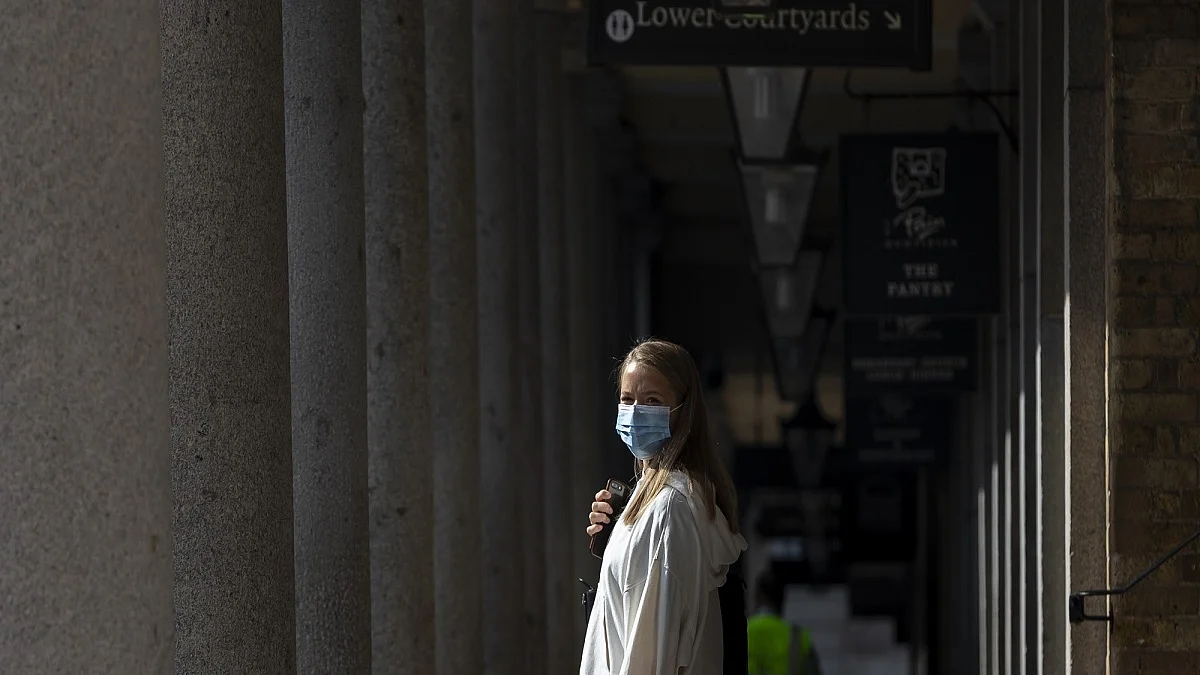COVID-19 patients with spinal fractures twice as likely to die: Study
In a major study, researchers have found that patients with COVID-19 and vertebral fractures are twice as likely to die from the disease

In a major study, researchers have found that patients with COVID-19 and vertebral fractures are twice as likely to die from the disease.
According to the study, published in the Journal of Clinical Endocrinology & Metabolism, vertebral fractures occur when the bony block or vertebral body in the spine collapses, which can lead to severe pain, deformity and loss of height.
These fractures are typically caused by osteoporosis (weak, brittle bones). Vertebral fractures are prevalent in COVID-19 patients and can influence cardiorespiratory function and disease outcomes.
"Vertebral fractures are a marker of frailty, and for the first time we show that individuals who have such fractures appear to be at increased risk of severe Covid-19," said the study lead author Andrea Giustina from the San Raffaele Vita-Salute University in Italy.
"A simple thoracic x-ray can detect these fractures and morphometric evaluation should be performed in COVID-19 patients at hospital admission," Giustina added.
For the findings, the researchers studied the x-rays of 114 COVID-19 patients and detected thoracic vertebral fractures in 35 percent.
These patients were older and more affected by high blood pressure and heart disease.
They were more likely to need ventilators and were twice as likely to die compared to those without fractures. The death rate was higher in patients with severe fractures, the researchers reported.
According to the researchers, vertebral fractures may integrate the cardiorespiratory risk of COVID-19 patients, being a useful and easy to measure a clinical marker of fragility and poor prognosis.
"We suggest that morphometric thoracic vertebral evaluation should be performed in all suspected Covid-19 patients undergoing chest X-rays," the study authors noted.
Follow us on: Facebook, Twitter, Google News, Instagram
Join our official telegram channel (@nationalherald) and stay updated with the latest headlines